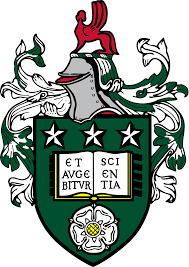Day 1:
Foundations of Exceptional Customer Experience
Understanding the psychology of customer behavior and expectations.
The principles of customer-centricity and service differentiation.
Mapping the customer journey: Identifying key touchpoints.
The role of emotional intelligence (EI) in customer interactions.
Day 2:
Personalization and Customer Engagement Strategies
Leveraging customer data and analytics for tailored experiences.
Creating emotional connections through storytelling and brand identity.
The impact of digital transformation on customer experience.
Strategies for proactive customer engagement and loyalty-building.
Day 3:
Enhancing Customer Interactions Through Technology
The role of artificial intelligence (AI) and automation in customer service.
Implementing chatbots, virtual assistants, and self-service options.
Omnichannel strategies: Ensuring seamless online and offline interactions.
Case studies: Companies excelling in technology-driven customer experience.
Day 4:
Managing Customer Expectations and Handling Challenges
Effective communication techniques for superior service delivery.
Strategies for handling difficult customers and complaint resolution.
The importance of service recovery: Turning challenges into opportunities.
Cultivating a customer-first mindset among employees.
Day 5:
Measuring, Innovating, and Sustaining Customer Experience Excellence
Key performance indicators (KPIs) for customer experience measurement.
Continuous improvement frameworks and feedback mechanisms.
Leadership’s role in fostering a customer-centric culture.
Action planning: Developing a roadmap for implementing customer experience strategies.























































